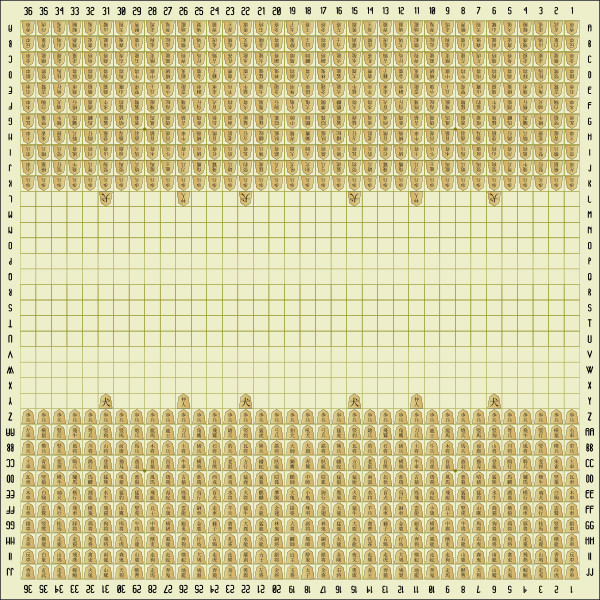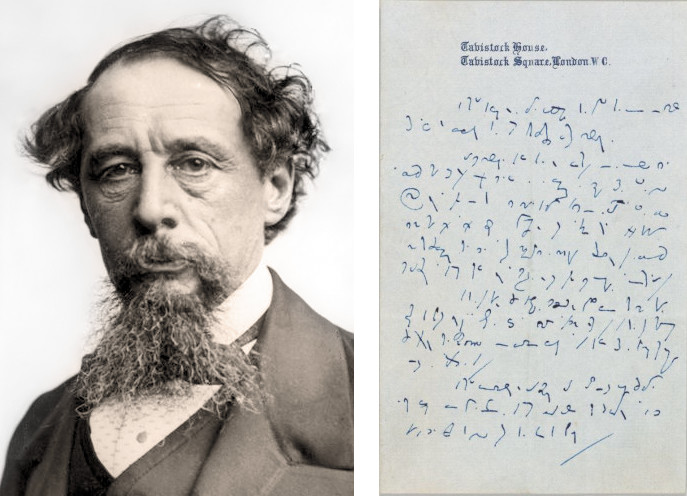
In 1997 researchers rediscovered a 16th-century variant of Japanese chess called taikyoku shōgi, perhaps the largest and most challenging chesslike game ever devised. Played with 804 pieces of 209 types on a board of 1,296 squares, a single game might require a thousand moves played over several long sessions.
“The first difficulty lies in deciphering the minuscule characters identifying a nearly endless crowd of pieces,” write Jean-Louis Cazaux and Rick Knowlton in A World of Chess. “The players must have long arms, tiny fingers, microscopic vision and a huge memory.”
Only two sets of pieces have been restored, and the known rules sets disagree and have yet to be reconciled, but even Wikipedia’s summary of the rules reflects the jaw-dropping complexity of the game.






